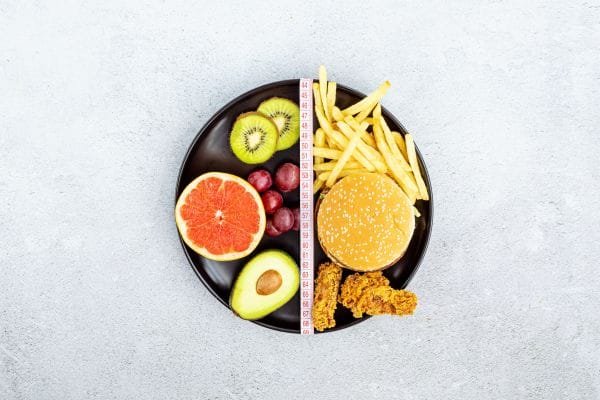When patients visit us, they often expect advice on medicines, tests, or treatments. But sometimes, the biggest influence on their health is much simpler: their diet. A new study from Chiba University has added another layer to this truth—it suggests that a high-fat diet (HFD) can actually harm memory and brain function.
What Did the Study Find?
Researchers used fruit flies (a trusted model for studying brain processes) to examine the effects of high-fat diets. Surprisingly, they discovered:
- Memory Damage: High-fat diets impaired intermediate and long-term memory, although short-term memory remained unaffected.
- Metabolic Changes: Elevated levels of fat (TAG) and glucose were observed, suggesting altered metabolism.
- Disrupted Cellular Recycling: The core reason? A breakdown in autophagy—the body’s natural process for clearing damaged cells and maintaining neuronal health.
This means that the brain’s “clean-up system” stops working properly, leading to memory decline.
Why Does This Matter for India?
- Lifestyle Shifts
With urban lifestyles, fast food, and processed snacks becoming the norm, India is experiencing a steep rise in high-fat dietary habits. - Hidden Risks
Patients already face obesity, diabetes, and metabolic disorders. Now, research shows the same diet may also quietly damage their brain health. - Future Trends
With India’s population aging rapidly, neurodegenerative diseases like Alzheimer’s are expected to rise. Diet-linked brain decline could make this worse.
What Can Doctors Learn From This?
- Integrate Diet Into Consultations: Asking about food habits should be as important as checking blood pressure or blood sugar.
- Promote Autophagy-Friendly Interventions: Recommend lifestyle tools like regular exercise, intermittent fasting, and balanced diets to protect memory.
- Educate Beyond Symptoms: Explain to patients that a high-fat diet isn’t only about weight gain—it’s about their brain’s ability to learn, recall, and stay sharp.
How Doctors Inside The Doctorpreneur Academy Are Responding
At The Doctorpreneur Academy, our members are preparing for this shift:
- Digital Education Campaigns: Doctors are creating videos, blogs, and posts to educate communities about how diet impacts both mental and physical health.
- Preventive Health Models: Instead of waiting for patients to develop memory loss, academic doctors are guiding families early with practical diet and lifestyle changes.
- Future-Ready Practice: By blending clinical expertise with communication skills, our doctors are building trust and shaping a healthier, more aware patient community.
Want to see how other doctors are leading this change? Visit The Doctorpreneur Academy to learn how doctors like you are building digital influence and impact.
Final Takeaway
The food patients eat doesn’t just affect their waistline—it could be wiping out their memory and brain health. As doctors, we need to shift conversations from treatment to prevention, empowering our patients to make brain-friendly dietary choices.
Inside Doctorpreneur Academy, doctors are already ahead—making sure their practice is not only about treating illness but also about shaping healthier futures.
👉 Doctor’s Action Step: At your next consultation, ask, “What does a typical day’s diet look like for you?” The answer may reveal much more than you expect.
👉 To register for our next masterclass, please click here: https://linktr.ee/docpreneur




